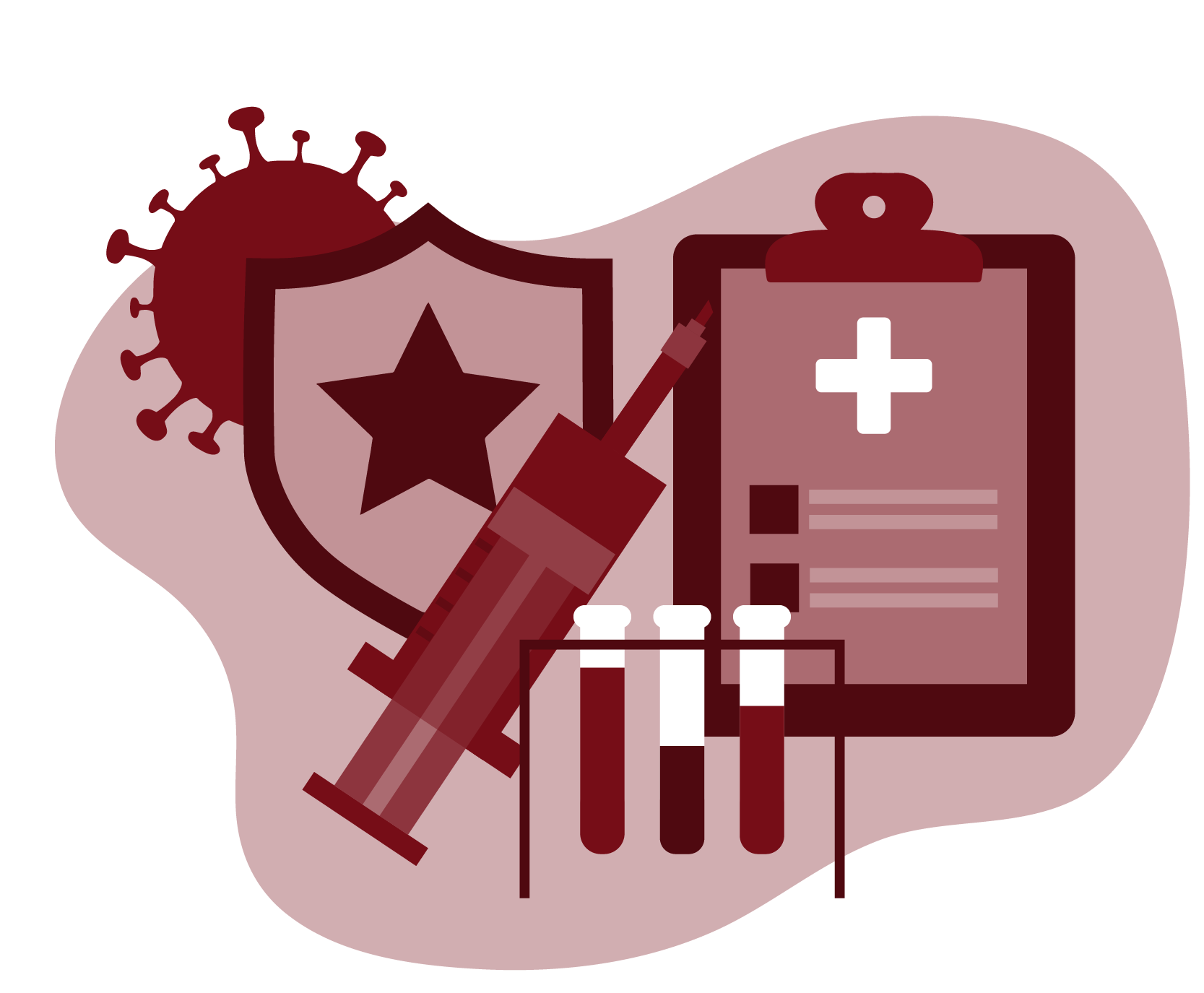FY20 Annual Report: Pediatric Medicine
An Ounce of Prevention Is Worth a Pound of Cure

Perhaps no endeavor is as important to pediatric medicine as maintaining high vaccination rates, a sentiment echoed by Johns Hopkins Community Physicians’ (JHCP) pediatrics department.
Michael Crocetti, chief of pediatrics at JHCP, cites vaccinations as one of the greatest contributions to medicine during the 20th century. Many of the vaccine-preventable diseases that we now take for granted, such as polio and whooping cough, were major killers of children. “We have to remain passionate about vaccination moving forward, because in order to keep those infections away, a certain percentage of the population needs to remain covered at all times,” he says.
What is JHCP doing to emphasize the importance of vaccination? First, says Crocetti, is that timely vaccination has been made an institutional priority, evident in the JHCP vaccine statement. Organization leaders feel so strongly about the importance of vaccinations that in fiscal year 2020, a policy was developed concerning parents and guardians who decline to have children vaccinated.
Beyond the institutional level, staff members, providers and even JHCP’s EMR, Epic, all play a role in maintaining vaccination levels among the pediatric patient population. Clinical decision support in Epic, in the form of systematic reminders and best practice alerts (BPAs), help staff members and providers track when patients are due for vaccinations — all based on national CDC guidelines. Medical assistants and medical office assistants also play an integral role in the timely vaccination of pediatric patients. As patients arrive to the practice, staff members review their chart in Epic to identify care gaps. If they are due for a vaccine, staff members can order the vaccine or note for the provider to do so. Front-line staff is also responsible for scheduling patients for their second or third doses, if needed. Finally, the provider’s attitude and approach toward vaccines is one of the most influential components in vaccination success. “We are really, really lucky that we have provider buy-in,” Crocetti says. “The clinician has to believe in the process and deliver the information in a confident, matter-of-fact way.” According to Crocetti, evidence shows that hesitancy from providers leads to hesitancy from parents and guardians.
JHCP continues to maintain an extremely high mandatory vaccination completion rate, soaring year after year, with a percentage in the high 90s — proof that the approaches above work. One vaccination in particular saw great increases in compliance during FY 2020: the vaccination for HPV. There is a lot of room for the HPV completion rates to improve, says Crocetti, because it is not a school-mandated vaccination. Steve Blash, chief of family medicine, and pediatrics provider Tina Kumra lead a workgroup to improve compliance. A few tactics the group initiated include:
- A change in the vaccination recommendation that allows for completion of the HPV vaccine series with two immunizations by age 14 (three immunizations are still required if two vaccines are not administered before the child’s 15th birthday)
- Greater attention to and emphasis on vaccination opportunities outside of traditional well-child health maintenance visits
- Better vaccine education for patients and families
Also, the CDC and its Advisory Committee on Immunization Practices recently decreased the recommended age criteria for the vaccine series from 11 to 9. “The HPV vaccine is unique in that it is intended to prevent reproductive cancers from developing later in life,” Blash says. “Earlier vaccination in late childhood and early adolescence has been shown to significantly improve the individual’s immunologic response and the overall efficacy of the vaccination.” As a response, the group changed the age regarding the BPA in Epic that alerts providers and staff members about HPV vaccine candidacy to 9. All of these measures were effective — the calendar year 2019 saw a 20% increase in HPV vaccination completion over 2018. Blash and Kumra intend to continue efforts into fiscal year 2021 and beyond.
"We have a commitment to the community to provide the highest quality of health care, and part of that promise is to ensure that our patients are vaccinated on time."
“We have a commitment to the community to provide the highest quality of health care, and part of that promise is to ensure that our patients are vaccinated on time,” Crocetti says. This simple act will significantly relieve the health care system’s future disease burden. Adds Blash, “The old adage holds true: An ounce of prevention is worth a pound of cure.”
